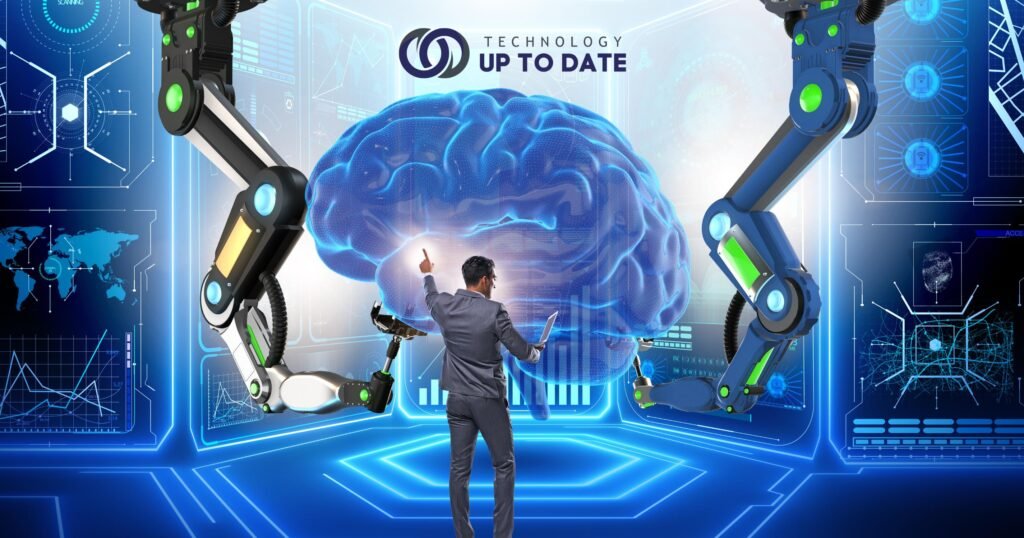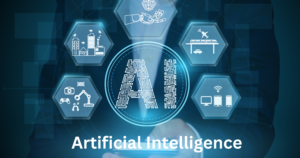In the realm of modern technology, the integration of Artificial Intelligence (AI) has revolutionized the way businesses operate. One crucial question arises: which business cases are better solved by AI compared to conventional programming methods?
In this article, we will delve into the distinct advantages of using AI in specific business scenarios, showcasing its unparalleled capabilities in problem-solving, efficiency enhancement, and decision-making.
The Paradigm Shift: AI vs. Conventional Programming
Before delving into specific business cases, it’s essential to understand the fundamental difference between AI and conventional programming.
Conventional programming relies on explicit instructions provided by a programmer to execute tasks.
In contrast, AI employs algorithms and machine learning models that enable systems to learn from data, make predictions, and adapt to changing conditions autonomously.

Customer Relationship Management (CRM)
AI excels in revolutionizing Customer Relationship Management (CRM) systems. Unlike conventional programming, which follows predetermined rules, AI-powered CRM solutions analyze vast datasets to gain insights into customer behavior, preferences, and trends.
Through Natural Language Processing (NLP), AI interprets customer feedback from various channels, providing businesses with valuable information to tailor products and services.
AI-driven CRM systems also automate lead scoring, allowing businesses to prioritize high-potential leads.
This dynamic approach outperforms traditional rule-based scoring, ensuring that sales teams focus their efforts on leads with the highest likelihood of conversion.
Predictive Analytics and Sales Forecasting
Predictive analytics, a domain where AI truly shines, involves analyzing historical data to make informed predictions about future trends.
Unlike conventional programming, which relies on predefined rules, AI algorithms can identify complex patterns within vast datasets.
This empowers businesses to make accurate sales forecasts, optimize inventory levels, and fine-tune marketing strategies.
By leveraging machine learning models, AI refines its predictions over time, adapting to changing market dynamics and consumer behavior.
This iterative learning process leads to more accurate forecasts compared to static, rule-based approaches.

Fraud Detection and Prevention
AI’s prowess in anomaly detection and pattern recognition makes it indispensable in the realm of fraud detection and prevention.
Conventional programming may struggle to keep pace with evolving fraud techniques, but AI continuously learns from new data to identify suspicious activities.
Through advanced algorithms, AI analyzes numerous variables to detect anomalies in real time. This proactive approach enables businesses to thwart fraudulent activities before they cause substantial financial losses.
Natural Language Processing (NLP) in Customer Service
In customer service, AI-powered NLP applications have transformed the way businesses interact with their clientele.
Conventional programming may struggle to handle the nuances of human language, but NLP-enabled AI chatbots and virtual assistants engage customers in natural, contextually relevant conversations.
These chatbots can swiftly respond to queries, resolve issues, and even provide personalized product recommendations. This not only enhances customer satisfaction but also frees up human agents to focus on more complex tasks.
Conclusion
In the ever-evolving landscape of business technology, embracing the potential of Artificial Intelligence is no longer an option—it’s a strategic imperative. The transformative power of AI in solving complex business cases surpasses the capabilities of conventional programming methods. From CRM optimization to predictive analytics and fraud prevention, the applications of AI are vast and continually expanding.
As businesses continue to integrate AI into their operations, those at the forefront of this technological revolution will undoubtedly gain a competitive edge. By harnessing the unprecedented problem-solving capabilities of AI, businesses can not only streamline operations but also unlock new levels of innovation and efficiency in an increasingly data-driven world.









